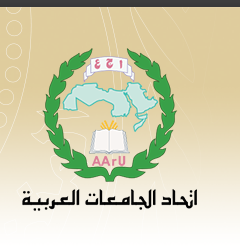Arab Journal of Administration المجلة العربية للإدارة
Abstract
This is an exploratory study aimed at determine benefits associated with the implementation of international quality standards in the fields of food safety in Saudi Arabia. It was decided to include all registered firms to ISO 22000 and HACCP systems in the country where 42 questionnaires were distributed and 37 were returned to the researcher. The study revealed that the vast majority of firms were food and water manufacturing companies and therefore service companies were not involved which might be due to their limited financial and technical capabilities. Moreover, the majority of such registered companies was of large size and mostly involved in exports which might imply that such companies sought these standards merely in order to improve their image in the international arena. Regarding the existence of international partners of those firms, the matter was not decisive. The study showed that benefits of implementing those standards was mostly intangible related to improving the image, competing in the international arena and assuring customers of the safety of their products. On the other hand, tangible benefits such as reducing costs and reducing defected products were not important or significant. Also, companies were not different regarding sector of activity or size of companies on these tangible benefits.
Recommended Citation
Kadasah, Nasser Akeil Dr
(2014)
"Benefits of Implementing International Quality Standards;ISO 22000 and HACCP Systems In the Food Industry in Saudi Arabia "An Empirical Investigation","
Arab Journal of Administration المجلة العربية للإدارة: Vol. 34
:
No.
1
, Article 3.
Available at:
https://digitalcommons.aaru.edu.jo/aja/vol34/iss1/3

